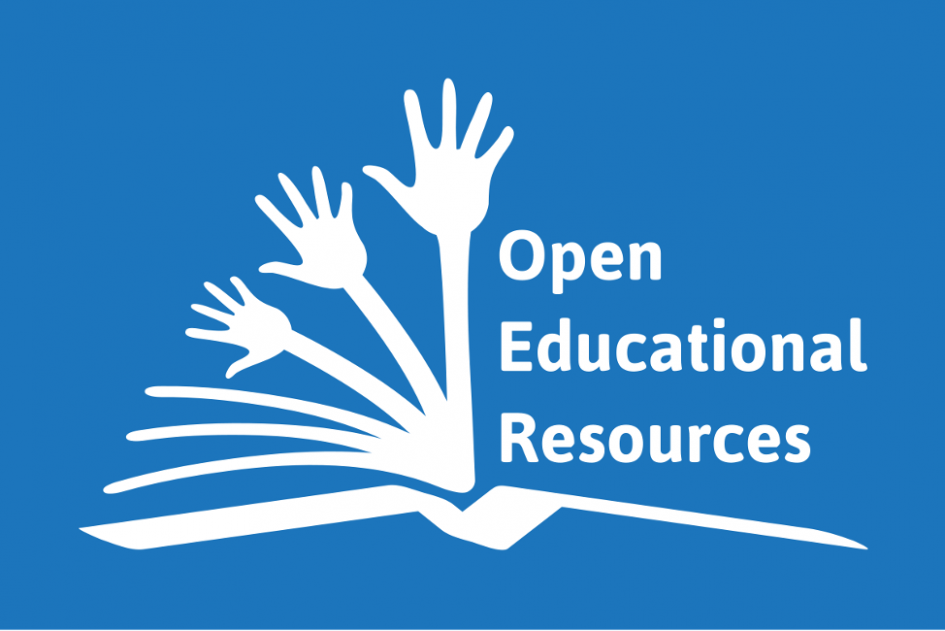I believe that the most important concept is inclusive learning.Customizing learning processes to suit each learner’s needs, allows them to be highly interactive and engaged, facilitating better learning. It is essential to acknowledge and understand the different ways learners learn. The solution of customizing and personalizing each learner’s demand, is a highly effective one in my opinion. As shown in this article, there are several benefits of inculcating open content in a learning environment, such as enhanced creation, innovation and cost savings.
Other important aspect of OERs is privacy. Since learner’s personal information can be online, it is important for the OER to create a design for privacy. Online tools tend to have our credit card information, address, and other personal details, which can be dangerous if found in wrong hands. This is where Terms of Service comes into play. Most users don’t even tend to read the policy, and just click on “I agree” as it is the easiest method of proceeding. This is why it’s important for designers to create a tool that ensures user’s privacy and is quite transparent with their policies. In my opinion, providing users with more control on their information would enable them to feel comfortable with providing such information in the first place, and this comfort would in turn lead to them using that specific tool more.
Another essential concept is standardized testing. In today’s world, to receive further education, standardized testing is an important step one needs to take, and do well in. Computing standardized tests, altering it to be suitable for learners with disabilities allows a broader audience to take it. As shown in the article, computer-aided testing offers a range of tools, which allows learners to control sound, vision and improves their ability to spell correctly. Overall, computing standardized testing decreases the amount of time taken to complete the test, and also allows different learners to take it without utilizing resources such as extra teachers, etc.
One concept that I had difficulty understanding is Sonification. The definition provided is pretty straightforward, sonification is a method of expressing visual data through audio instead. While this is an interesting concept in theory, I fail to understand how this would be successfully implemented in reality. In my opinion, there would be way too many factors to take into consideration while developing this tool, and there is possibility for way too many errors that cannot all be accounted for.
Furthermore, incorporating Metadata in OERs seem confusing to me. After doing some research on this topic, all I could truly understand about it was that Metadata was information that basically describes other data? It seems like a complex tool that would be implemented.
I think with technology evolving daily, it’s quite easy to forget that there are learners with limited access to it, or learners that are keen to know more, but aren’t familiar with online tools as it is a fairly new concept compared to the traditional textbook learning process adopted by generations. My question is, how would OER’s accommodate these learners? Would OER’s have a targeted audience, such as the younger generation? Or would they be flexible, and create a tool suitable for everyone?

Leave a Reply